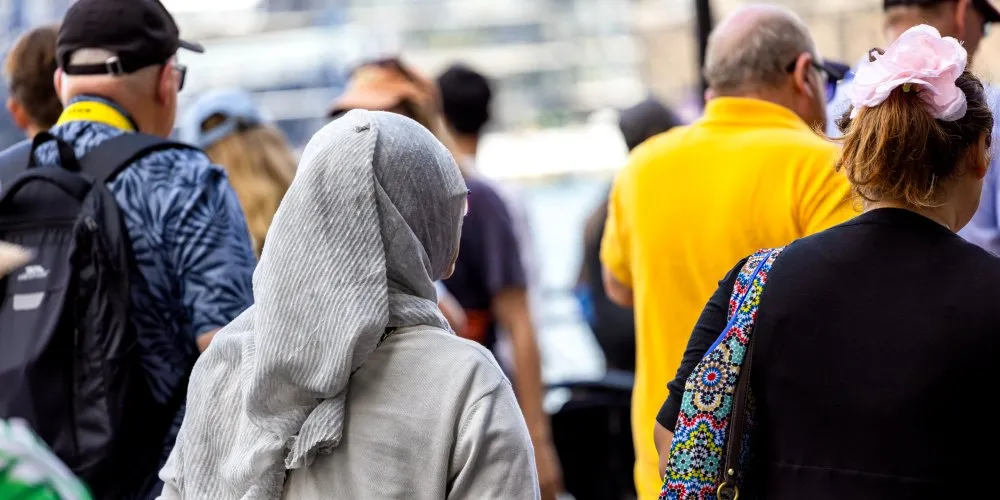Ethnicity, migration and cancer Understanding disparities in access and outcomes
Project Status
ActiveStart Date
End Date
Project location

Background
Cancer remains a major public health challenge in New South Wales (NSW), responsible for over 14,000 deaths in 2017. The state’s diverse population, with approximately 30% of residents born overseas, reflects the broader global trend of increased migration. Worldwide, more than 272 million people are classified as migrants, with nearly 30% being refugees or displaced individuals. Refugees, asylum seekers, and other migrants at risk face significant healthcare barriers, including financial constraints, language difficulties, and unfamiliarity with local health systems. These challenges contribute to disparities in disease detection and outcomes, particularly for conditions like cancer.
Emerging research suggests that infection-related cancers are more prevalent in certain migrant populations compared to Australian-born individuals. However, due to the absence of refugee status identifiers in health datasets, these vulnerable groups remain underrepresented in cancer research and policy planning. The lack of comprehensive data has hindered efforts to develop targeted interventions for cancer prevention, early detection, and treatment. Addressing these knowledge gaps is critical to ensuring equitable cancer control strategies and improving health outcomes for all populations in NSW.
Aim
This project aims to characterise and address important gaps in the incidence, prognosis and management of cancer.
Research Methodology
The project will be carried out in two stages. The first will involve retrospective curation of a data set drawing from the census, MBS, PBS, Death registration, Australian Immunisation Register, NDIS, DOMINO, and ATO datasets. Statistical analysis will then be used to compare cancer incidence, outcomes and access to care between migrant and refugee populations compared to the rest of the NSW cancer population.

